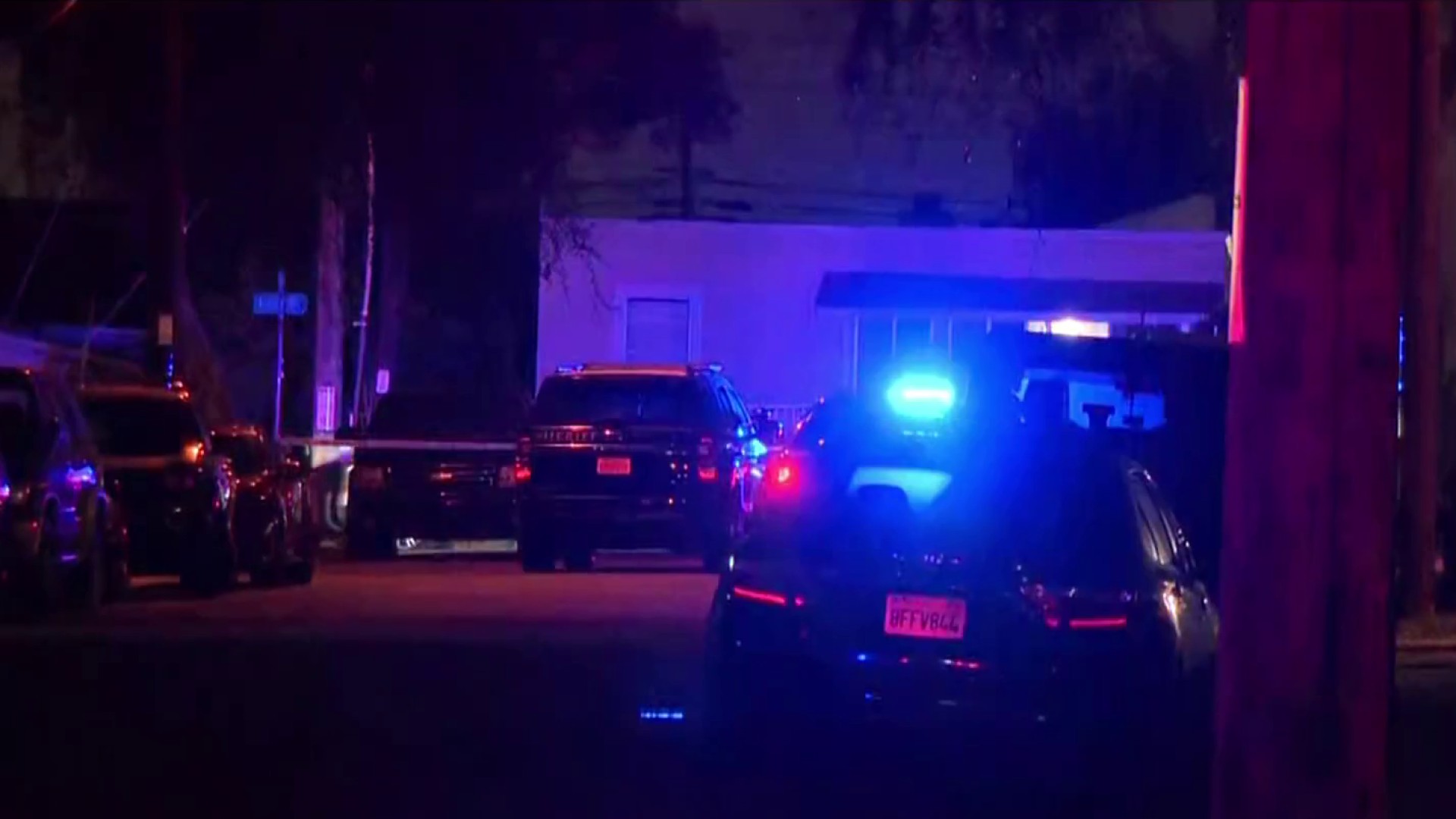A new facility slated to help inmates with disabilities and mental health issues at Richard J. Donovan Correctional Facility has run into opposition.
Holding signs that read “Educate, Don’t Incarcerate” and chanting “Education is right, not just for rich and white,” protestors with Californians United for a Responsible Budget and other groups rallied against the prison’s new building Saturday.
They were calling for an end to all prison expansion.
The state plans to add more than 792 beds to the Otay Mesa prison to better serve lower-level security inmates and those with disabilities and mental health problems. The housing project is expected to cost $168 million, and prison officials say it will lead to jobs for nearly 200 people.
According to Lt. Victor Sosa with the correctional facility, the project is designed to be less confining for the inmates, allowing them to move from cells to dorm-style rooms.
“We do offer medical, mental health, as well as other programs such as religious programs education, inmate leisure groups,” said Sosa. “This will help them out. Their movement is a little bit less restrictive, This will help them to get used to being around and being around other people as well."
The goal is to positively rehabilitate the inmates and help them get back into their communities.
Local
But in light of a federal court’s order to drastically reduce the population of California’s overcrowded prisons, Saturday's protestors said the prison should not be creating extra rooms at all.
Instead, some want that money to go to other funds like education and job programs.
"We all know that the system of incarceration -- with California being at the lead -- is an abject failure, especially for our black, brown and poor youth,” said protestor Dennis Childs, a literature professor at UC San Diego. “And as an educator, I feel it's highly just unconscionable that California is first in prison spending but last in education spending."
Childs said he believes the best place for people with mental health difficulties is with mental health care professionals, not in a cell.
Nevertheless, construction on the new facility is set to begin this spring, and it should take roughly two years to complete.



